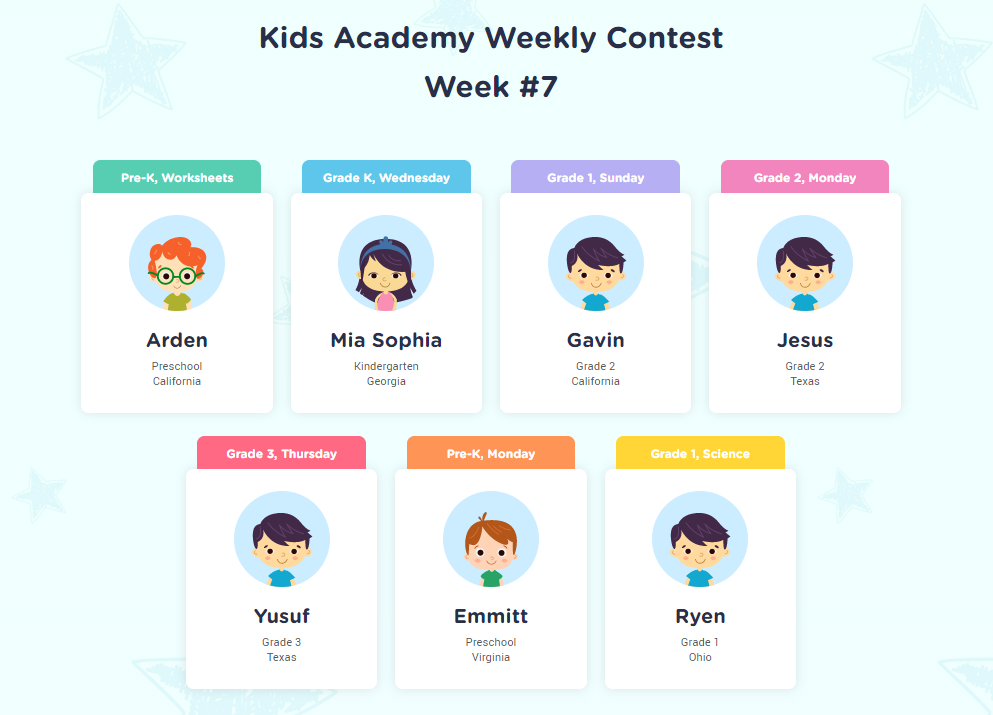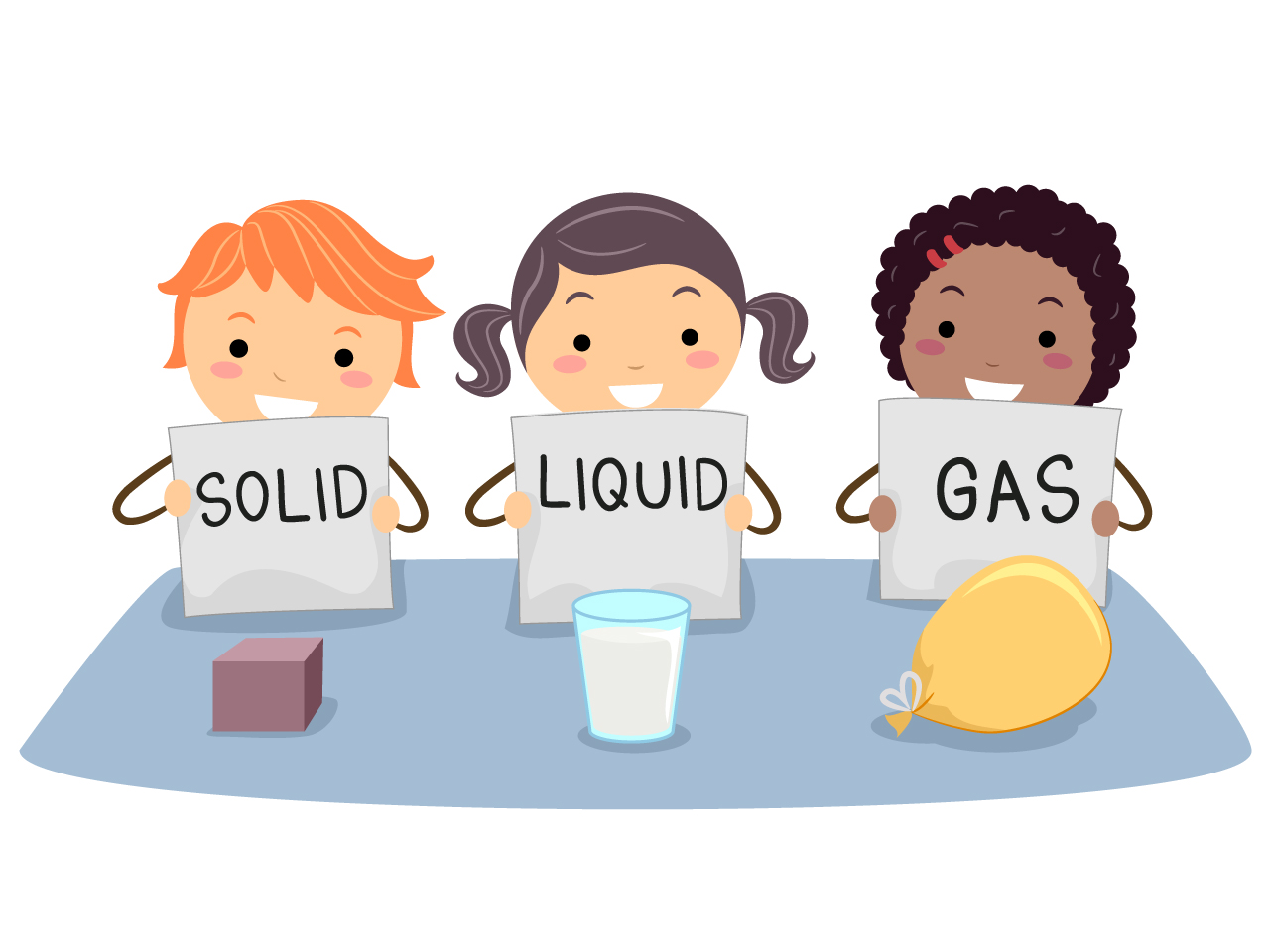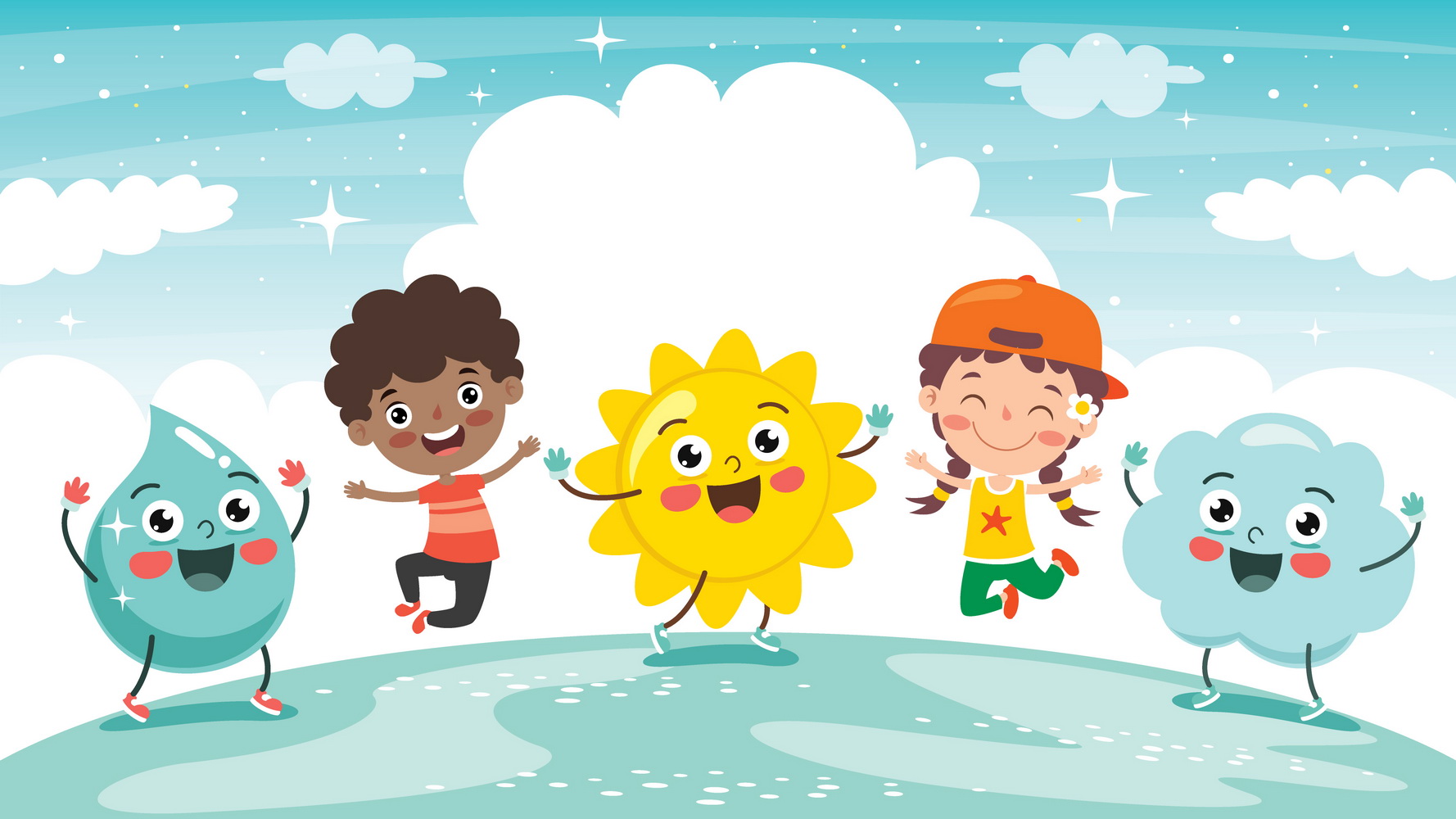Importance of Extracurricular Activities in School & College
June 10, 2019
There’s no question that over the years, school has gotten more difficult for American children. Since the introduction of the Common Core Initiative, rigorous standards and testing continues to push even the youngest of kids to perform. What we as parents were learning in 1st or 2nd grade is now being taught in kindergarten. Some parents and teachers argue that certain academic concepts are taught before a child is developmentally ready to learn them. With the heightened pressure for our little learners to excel, it might be easy to let extracurricular activities go by the wayside, replaced by pricey tutors.

While dance lessons or preschool tee ball can be overlooked as purely entertainment, the truth is that these activities aren’t just fun and games! Participating in athletics or learning the arts can serve as enrichment that directly supports the subjects your child studies at school. Discover the many benefits of extracurricular activities and keep reading to explore unique ideas that range from cooking classes to entrepreneurship for kids!
An Arts Education Boosts Both Brain Power and Behavior
As parents, we tend to compartmentalize education and extracurricular activities as two separate entities that do not interrelate. However, this couldn’t be further from the truth! No matter if children are learning a musical instrument or taking a sewing class, kids who get an education in the fine arts reap the following benefits:
- It fosters creativity. The arts enable young children to have the autonomy to get creative with their work! For instance, a student that takes a drawing class will learn a set of skills from a teacher or mentor and put them to work while making something uniquely their own. That means kids get to experiment with their artwork, learning from their mistakes and using creative problem-solving skills to get their masterpiece just the way they want it.
- Improves self-confidence. As students experiment with their creations or practice for performances, they gain confidence that they are able to accomplish their goals, developing a sense of pride and accomplishment that can be taken with them into any other subject in school. Children who feel that they have the self-efficacy to achieve their goals are less likely to give up when faced with difficult academic subjects like math.
- Promotes a growth mindset. When kids start taking dance or music lessons, they do so because they think it’s cool! However, after so long, those very same kids will eventually have to push themselves to develop their skills further during practice. This develops discipline and work ethic that can be taken to academic subjects like reading difficult texts or writing an essay.
- Better behavior in school. Think back to your own high school experience and recall the band, theatre, or art kids. More than likely, you don’t remember these kids as being labeled as the “bad kids” that were thrown in detention or that dropped out of school due to substance abuse. Studies have long shown a link between kids in the arts and reduced behavioral referrals. This is because an education in the arts fosters self-discipline and offers students an outlet for personal expression.
- Increases cognitive skills like memory, verbal, and math skills. Learning to read music is like learning to read a whole different language, with math skills thrown in the mix! When performing a solo whether by voice or musical instrument, children must read music, practice and critique their own performance. Further, learning music theory by studying rhythm and time signatures utilize mathematical thinking. For theatre students, memorizing and performing lines increases verbal skills and memory. All these skills transfer to performance across the curriculum and contribute to overall lifelong career-oriented skills!
Student Athletes Perform on the Field and in the Classroom
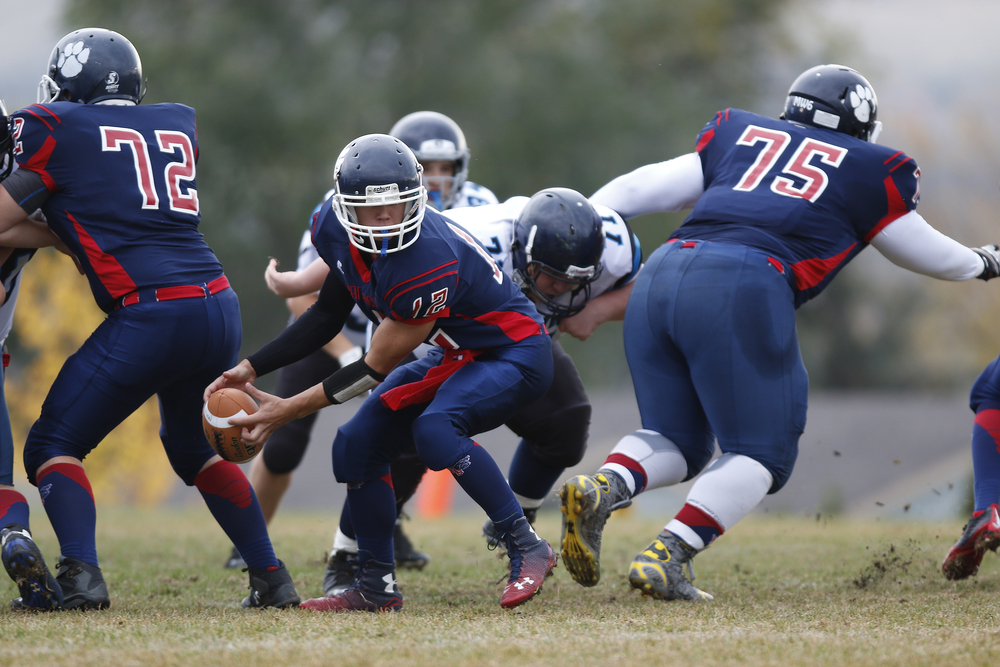
It’s obvious that an education in the arts can help a child flourish in the core subject classroom. But where do athletics come in? When it comes to sports, there’s no shortage of pejorative stereotypes surrounding “jocks” in high school or college. What’s more is that team sports are usually looked upon as simply entertainment, without any real intellectual purpose. However, you might be surprised to learn that athletics also improve a child’s academic performance.
Specifically, participating in sports:
- Promotes collaborating with peers and leadership skills. In school, students must learn to work together to complete projects and science labs. Young children who play sports learn the concept of teamwork early on in their lives, promoting healthy cooperation with peers and others.
- Sharpens focus and concentration. Research has shown that physical fitness and activity improves kids’ focus and attention, which is why there has been a recent push to stop schools from taking away recess in favor of more academic minutes per school day. For students who play on an extracurricular team, kids get their physical fitness needs met so they can give their all to academic pursuits when not on the field!
- Motivates students to perform. All kids have their personal strengths and weaknesses, and some student athletes might need that extra motivator to excel in a subject or topic they think are difficult or uninteresting. Athletics can motivate struggling learners because most schools enforce policies that require kids to keep their grades high enough to play.
- Keeps bodies and minds healthy. Participating in sports from a young age can promote healthy child development by increasing the health levels of little athletes. Staying physically fit means learning healthy habits that last a lifetime. This in turn helps students keep stress levels low, which also promotes mental health, both of which sets the stage for succeeding in the academic arena!
- Promotes time management and self-regulation. Student athletes tend to be busy kids who juggle extracurricular activities along with their studies. This means that team sports can help children learn time management skills that will be especially important as they reach middle or high school.
Extracurricular Activities for Boys and Girls
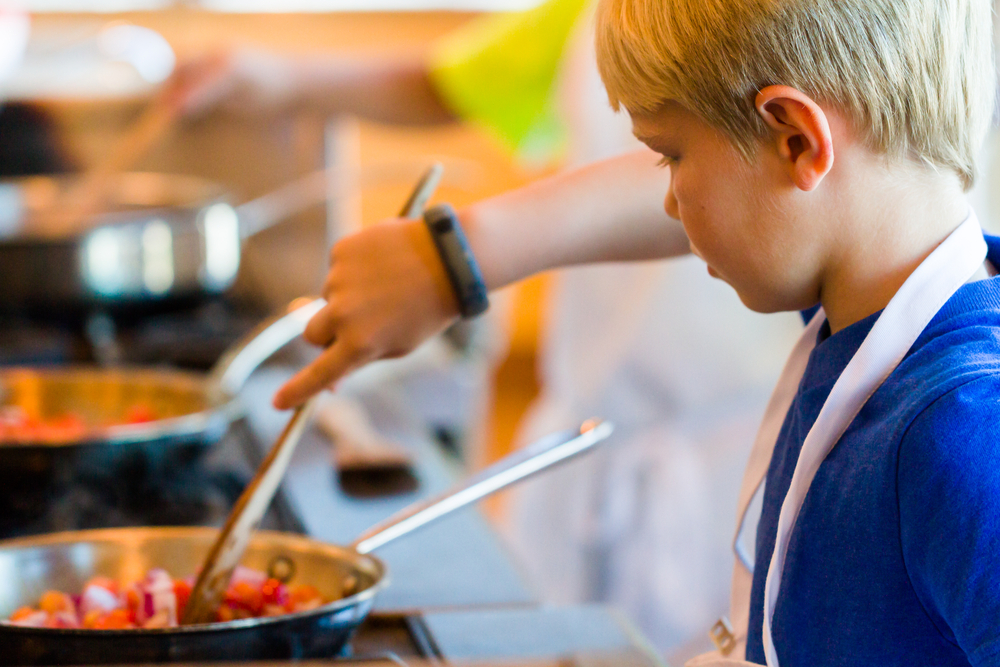
If you’re like most parents, you probably already know all about the local dance class, or your city’s youth basketball league. Below are unique ideas to get your kids involved in the arts or athletics in your neighborhood:
- Theatre camps. Most large cities and even many school districts offer summer drama or theatre camps for your aspiring actor or actress! Some programs are offered for preschool-aged children, while many are focused on 4th-7th graders, with different camps available for high school students. Most programs integrate musical theatre and dance alongside acting classes.
- Enroll in a pottery or sewing class. Some kids like to work with their hands to create projects they can display or use. Look up availability in your town, though major stores like Michael’s or JoAnne Fabrics offers a variety of crafting classes.
- Gymnastics or tumbling. Many parents might not know that gymnastics is different than tumbling, where the former uses equipment like balance beams, and the latter includes floor activities only. If your child seems to be bouncing off the walls at home, gymnastics classes just might be the answer to your child’s athletic needs!
- Violin, piano, or voice lessons. Many children dream to start playing trumpet or flute, but little musicians need to develop lung power before they can take on wind instruments. Instead, start your preschooler or kindergartener with violin or piano lessons if they want to play an instrument. Voice lessons are also an option for any musically inclined kid who loves to sing!
- Cooking classes. Sure, you cook at home, but cooking falls into the realm of culinary arts! Check out local cooking programs for kids, which are usually offered by stand-alone facilities or even in some major chain stores like Sur La Table.
- Entrepreneurship. Believe it or not, there are even organizations and clubs that turn children into future business owners and inventors! Check out Start-Up Kids Club to find or start a club in your area. In high school, your teenager can go on to join DECA, an international entrepreneurship organization with chapters in most public high schools around the country!
Team sports or an education in any of the fine arts can be the perfect complement to any child’s education, and one that fosters the very skills needed to be successful in every area of life. Go out there and find your child’s passion and creative or physical outlet, and don’t forget that Kids Academy is here to support your child’s learning from toddlerhood through elementary school!


